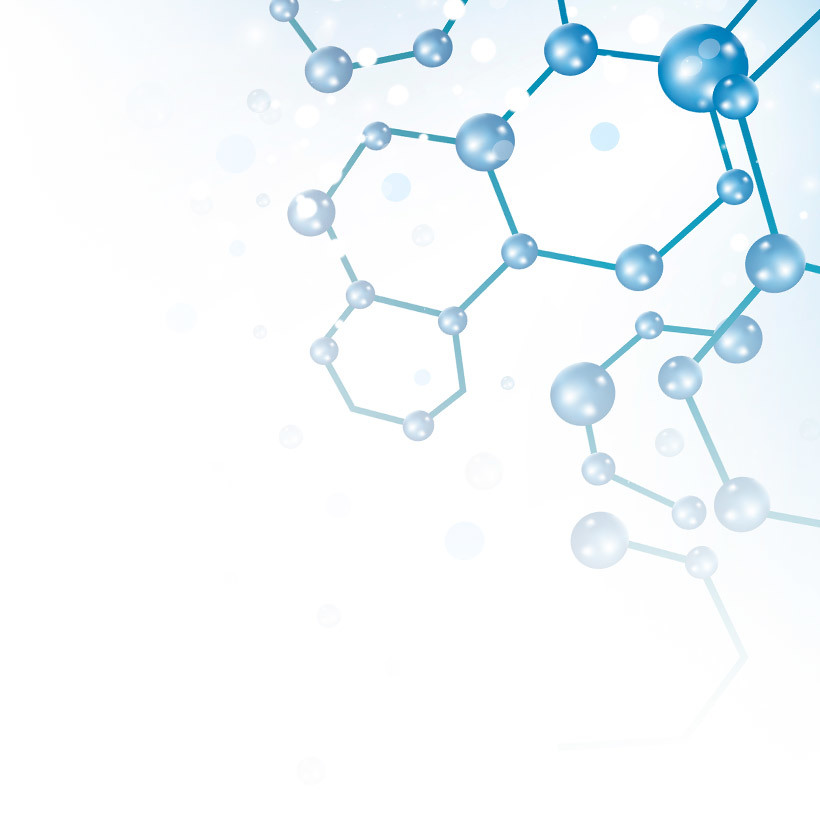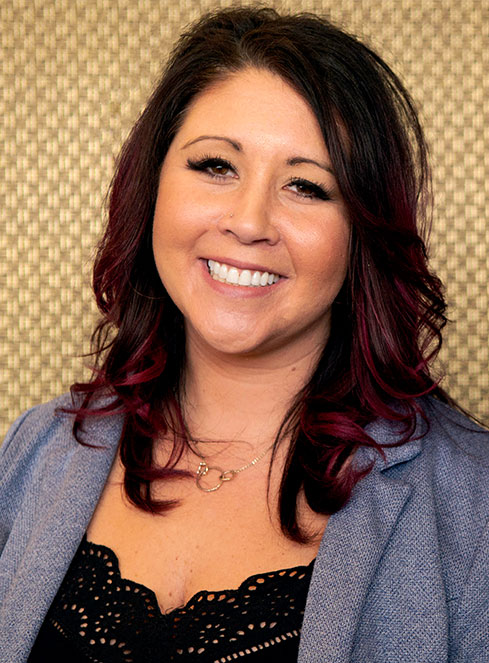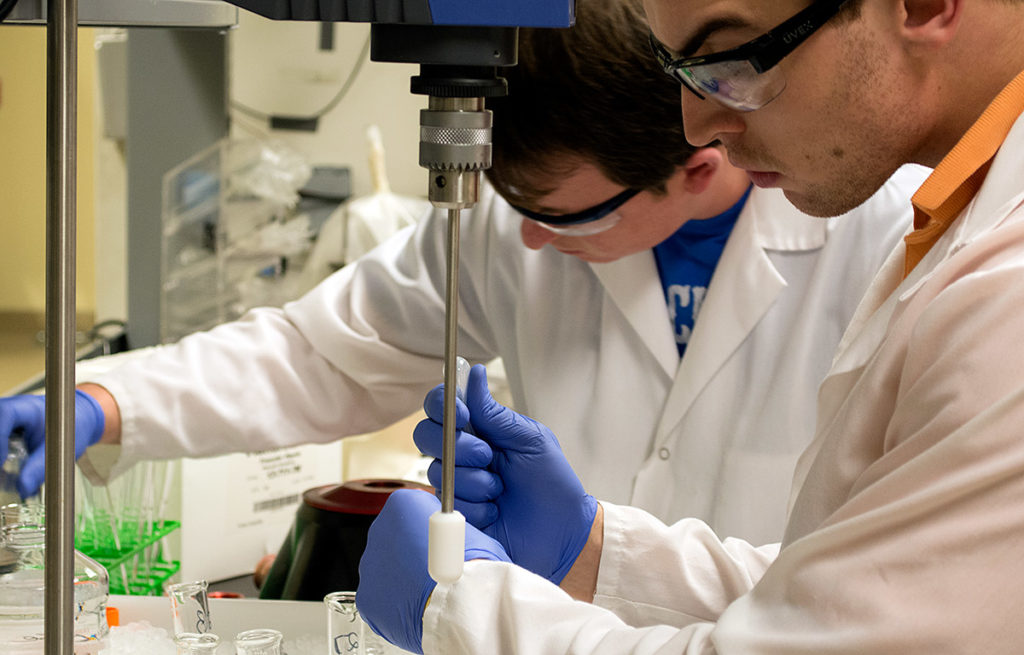

Meet the Scientist: Stephanie Helmstetter
- Meet the Scientist
- February 20, 2021
- Madison Esely-Kohlman
As a top-tier in vitro test system provider, we are known worldwide for our consistent high quality when it comes to hepatocytes, subcellular fractions, cell media, and other products used in drug metabolism and pharmacokinetics (DMPK) research. Our product specialists are some of the best in the business, with many years of experience and technical expertise. We sat down with Senior Manager of Production, Stephanie Helmstetter, to dig a little deeper into what fuels the team building our reputation for dependable, high quality test systems.
Stephanie Helmstetter received her bachelor’s degree in Human Biology from the University of Kansas. She has more than 15 years of experience in the cell and subcellular test system production department at XenoTech. As Senior Manager of the Production department, Stephanie specializes in custom product management, hepatic and extra hepatic test system production, hepatocyte isolation and cryopreservation, research and development and quality control.

What has your professional journey with XenoTech looked like so far?
I have been with XenoTech for 16 years. I started as a bench scientist in the Products Department doing mainly custom and extra-hepatic product production and quality control assays. I went on to specialize in custom product management where I served as study director of all custom products. I gained a lot of experience in research and development, starting with a customer’s request and then figuring out from there how to use our tools and technologies to deliver the test system or assay type needed. From there, I transitioned to managing all of our hepatic and extrahepatic test systems, overseeing production and quality control. As Senior Manager of the Production department, I orchestrate all of the staff and processes that go into creating test systems fit to meet XenoTech’s high quality standards.
What draws you to managing test system production at XenoTech?
The fact that I learn something new about DMPK science science almost every day despite 16 years of specialized experience is a big driver for me. I enjoy being able to sit down with a client to hone in on the exact kind of tool that’s going to get them the results they’re looking for. Then, turn that discussion into a research and development endeavor that opens doors not just for that customer but pushes our capabilities further and adds to the overall experience people appreciate about our team. It’s a big part of the process that shows the world that we aren’t just a shelf product company—we’re a company always looking to do those out-of-the-box types of projects that go the extra distance to help their company, their research, and our industry to continue to grow
You work closely with our designated Custom Products department—can you share a little bit about those capabilities?
Our Custom Products department is always ready and willing to delve into the how and why. It’s that attitude that enables us to come up with and then deliver the specific test system or assay the customer needs. The leaders of the Custom Products department have an average of 15 years’ worth of experience in research and development of in vitro and ex vivo test systems. To me, this speaks loudly to the knowledge of the group and their dedication to what they do. There is rarely a request we won’t say yes to. The team is always up for a challenge and the people in it have varying skills sets and areas of knowledge, which always ensures we are covering all aspects of your request and always have someone skilled working on your project.

What are some of the more unusual requests the team has helped fulfill?
There have been so many! However, a few that jump to mind are when we isolated cells from house fly abdomens, collected luminal contents, isolated brush border membrane vesicles and also the fact that we have isolated cells from almost every organ in the human body as well as fat!
I have a great team of scientists behind me in our Products department. We have a combined average service length with SXT of 9 years. This length of service is what sets us apart, in my opinion. Some of the preparations our Products department makes are technically difficult or precarious, but over the years we have worked on and researched isolation techniques for so many test systems that even the more challenging ones have come to feel more routine.
What’s been your favorite product to develop?
I helped develop and release our rodent liver tritosomes. This project came to me as a custom product request and with a lot of research and experimentation we were able to isolate the organelle and develop and implement the characterization assays. All of the time spent on this project came full circle when the customer we had developed it for published a paper. After the publication, the demand for this product grew exponentially to the point where we decided it needed to be moved to our standard product catalog.
What can you tell us about upcoming product development?
This past year has been a year of obstacles, however we continue to be able to work on our products and the scientific information regarding our products. One example of such is our continued effort to test and retest the shelf-life of our products and be able to extend their dates. We are currently working on extending the date associated with the shelf-life of our microsomes as well as our media. We have very promising data coming on both fronts which we hope to release later this year.
Learn more about:
About the Authors
Related Posts
How to Choose the Right Test Systems for Your DMPK Studies
Disease-State Test Systems
Building a reputation for excellence
We are proud to have some of the brightest minds in DDI & DMPK research in our labs. Browse our new Meet Our Experts page where you can find bios for some of our most seasoned scientists working on both Contract Research & Test Systems teams.

Read more about our Test Systems & Methods
Access ADME™ is our all-inclusive repository for scientific resources. Find scientific posters, publications, blog posts, webinars and more relating to in vitro products and techniques to improve your in-house DMPK assays
